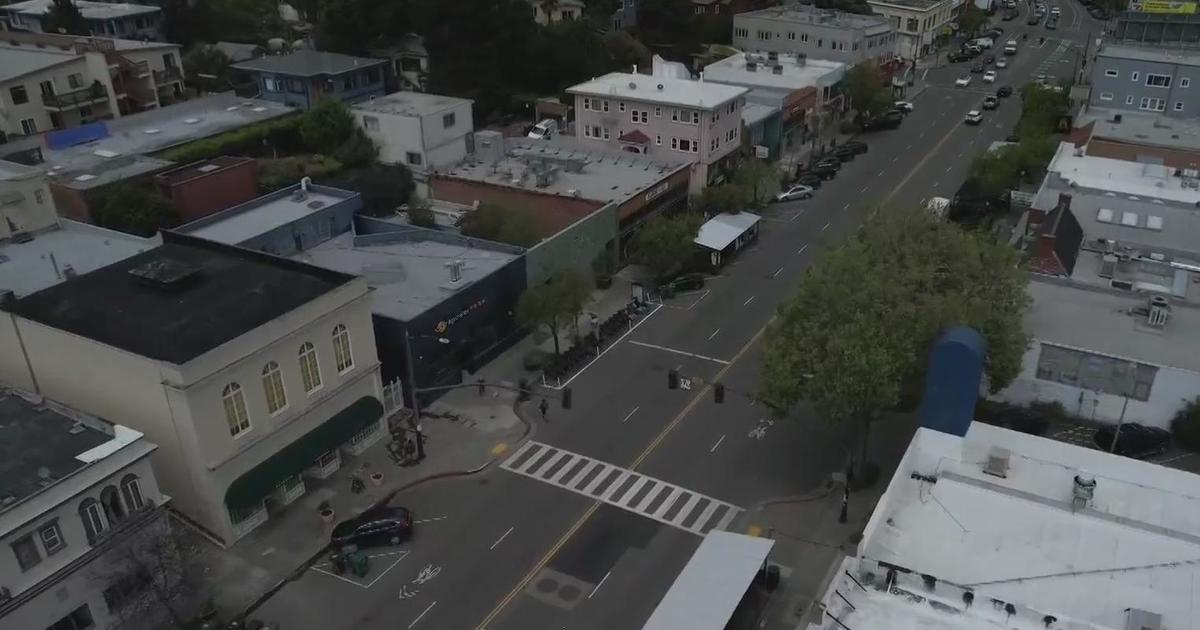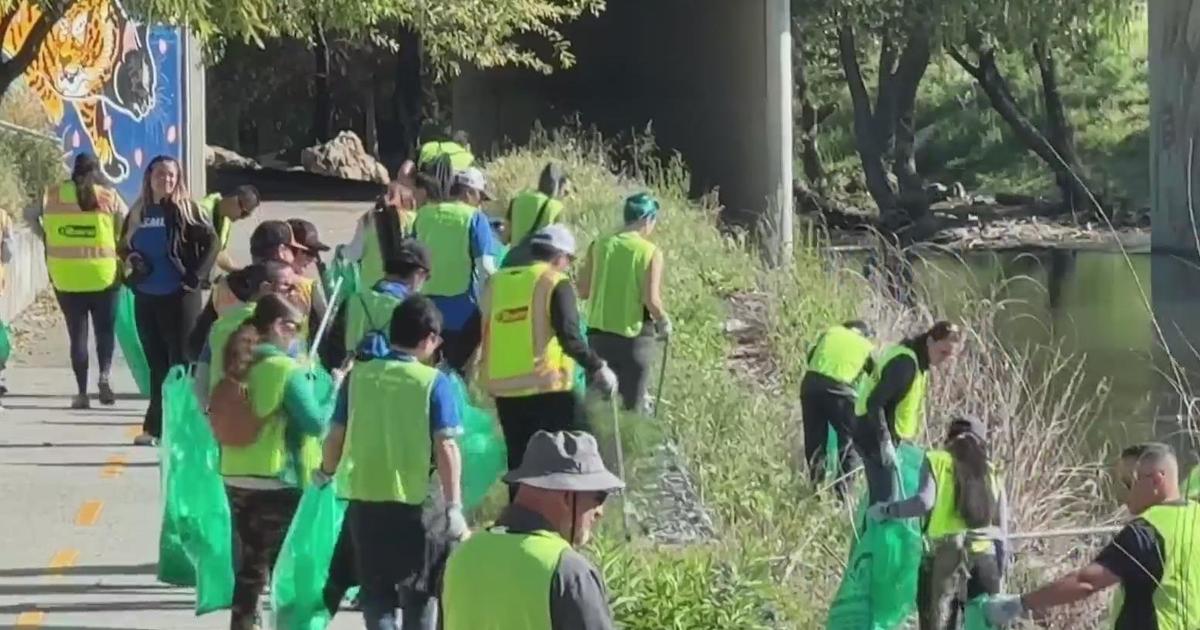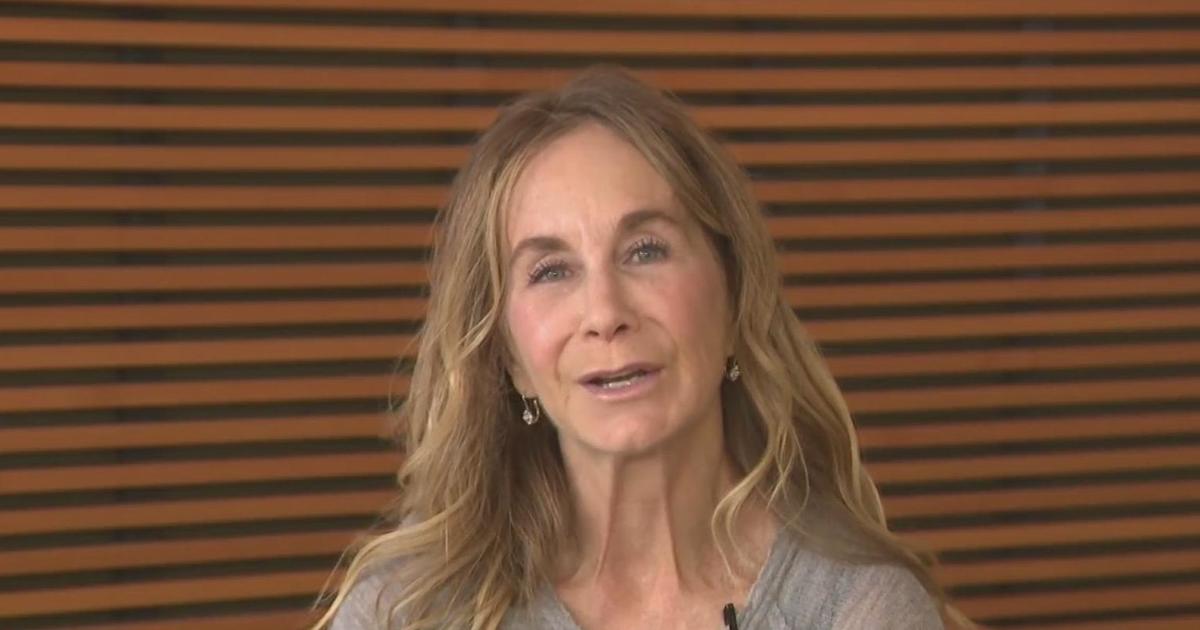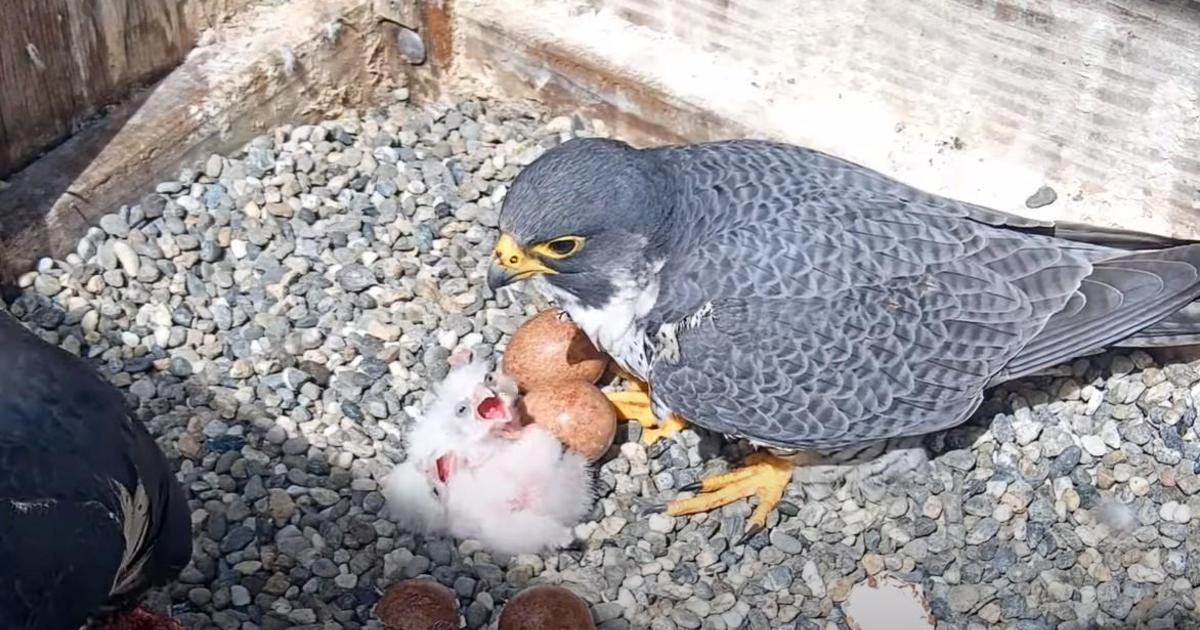Oakland Nonprofit Aims To Reduce Number Of Small Plastic 'Nurdles' Ending Up In Ocean
OAKLAND (KPIX 5) -- There are growing protests over the amount of plastic ending up in the world's oceans, but one Oakland nonprofit is taking a different approach that is having a remarkable effect on getting big plastic producers to care about the problem.
"Nurdles" are small plastic pellets that are the raw material for most of our plastic products. They look like fish eggs and are mysteriously ending up in the oceans, where they can kill wildlife.
In February, volunteers in San Francisco participated in a worldwide nurdle search and they easily found them at Ocean Beach. They are a danger to wildlife and are also the second largest source of microplastic pollution.
RELATED: Researchers Find Large Amount Of Tiny, Harmful Plastic Pellets On Ocean Beach
A small environmental advocacy group called "As You Sow" is helping to find out where they're coming from and who's responsible for them. The group uses the power of Wall Street to effect change.
"As part owner of a publicly traded company, you have the power to engage management," says Conrad Mackerron, Senior Vice President of As You Sow.
The group has filed something called "shareholder proposals" with major plastic producers. It's a kind of initiative process that can put public disclosure of nurdle spills up to an embarrassing vote of company investors.
"They see it as a threat, the fact you're now seeing plastics all over the ocean and it seems a very negative issue," said Mackerron. "So they need to protect their future market growth for plastics."
Mackerron says public perception of plastics has changed and producers are scrambling to improve their image.
In exchange for As You Sow dropping its proposals, Exxon and Chevron/Phillips Chemical have agreed to begin reporting the number and size of nurdle spills and employ measures to avoid future spills by themselves and their supply chains. And rather than taking years, the deals were struck in about three months time.
"The fact that the companies have moved so rapidly to report signals to me that they have really stopped fighting this idea that they're not responsible for plastic pollution and they are embracing a measure of responsibility for cleanup," said Mackerron.
It's a David versus Goliath effort to protect the planet by focusing on the boardroom.
So how do nurdles end up in the water? Activists believe they are lost in the loading and unloading of ships or from factories that are often located near waterways. No one knows for sure how much raw plastic ends up in the ocean, but scientists estimate it may be 8 to 12 million tons each year.



